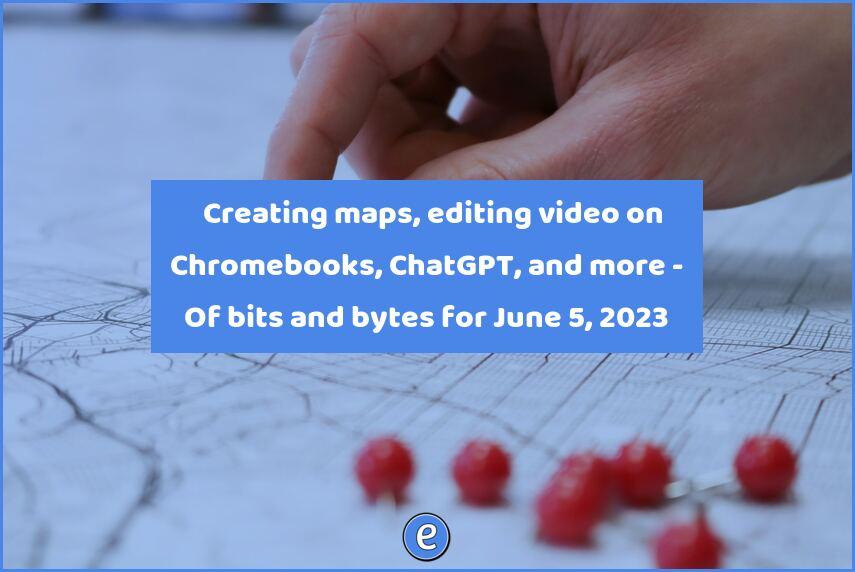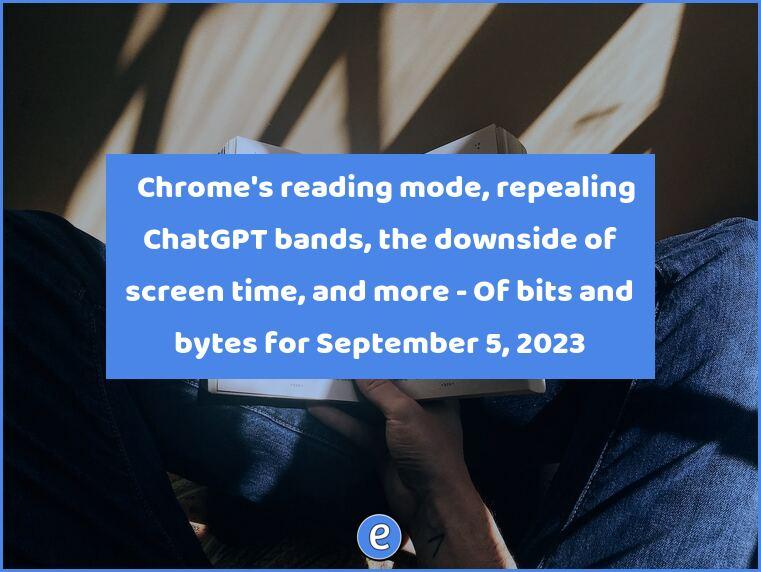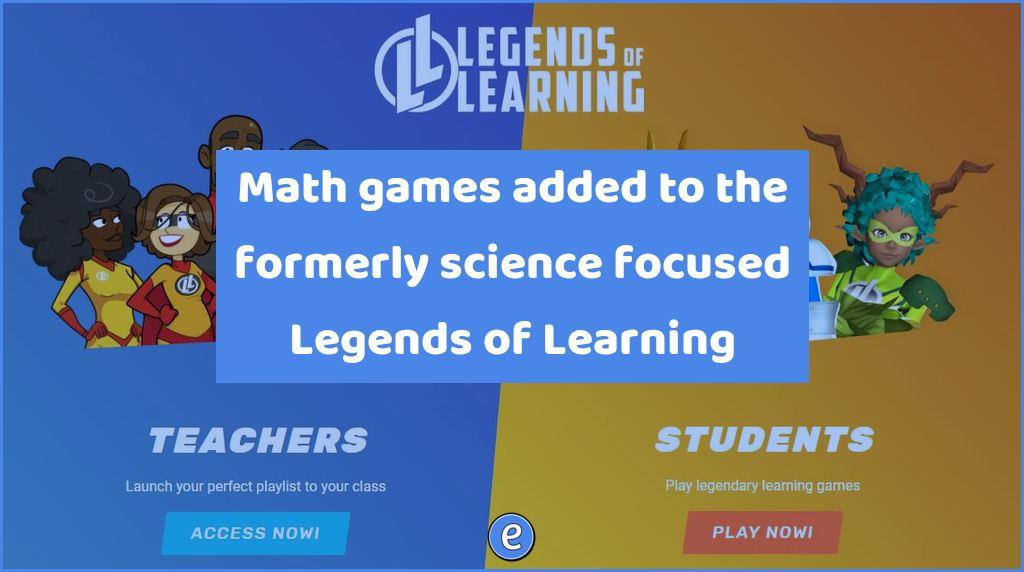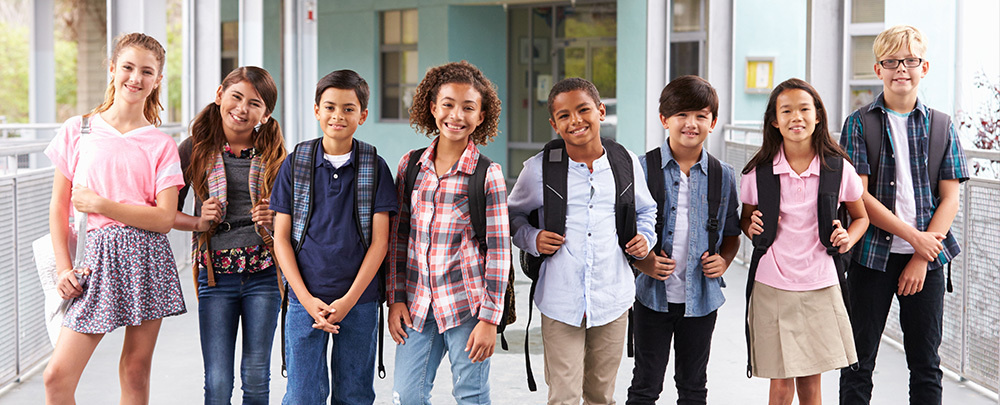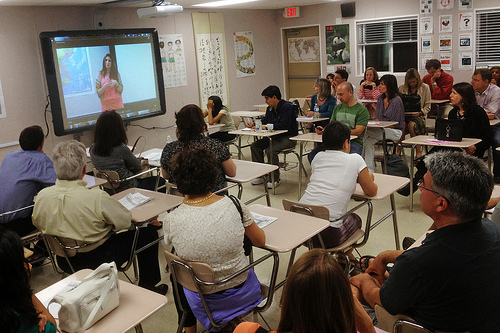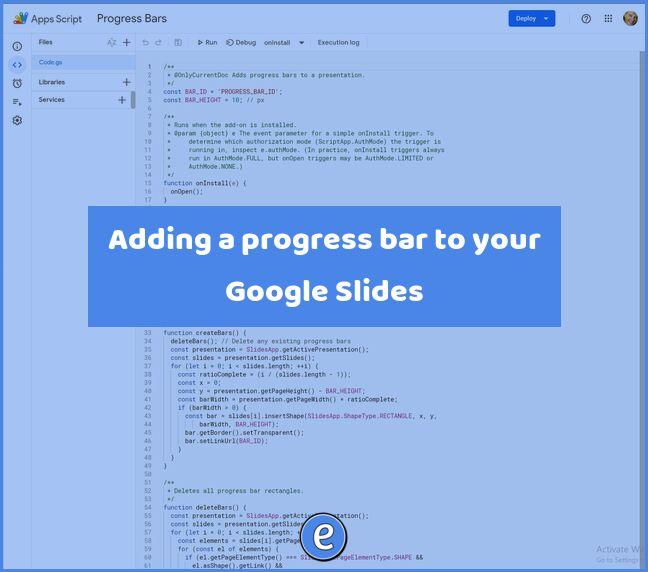🗺 Creating maps, editing video on Chromebooks, ChatGPT, and more – Of bits and bytes for June 5, 2023
Internet Travels
Of bits and bytes is my weekly round up of interesting links and ideas I discovered on the internet. It is published on Mondays for the previous week
Apps
A new app I learned about last week, Felt (h/t – Tom Mullaney). Felt is an awesome way of making maps for use in your classroom. And while we’re on the subject of maps, here is a map of 1,001 novels (h/t – @AllenCarroll). The novels are laid out on an interactive map of where they took place. After the novels were placed on the map, the United States was divided up into 11 regions to group the novels together. My only complaint is the lack of novels from Ohio!
I loaded up the Capcut web-based video editor and I was also shocked on how good it is! In only a few minutes I was able to create this masterpiece using nothing but my webcam and one of the templates. Where the CapCut editor shines is that it not only is very usable on Chromebooks, it also has a wide variety of templates. My biggest concern is privacy policy. The site can’t be used for students under the age of 13, so I would only use it with high school students on projects that require more features than what Canva or Adobe Express provides.
Google Docs is adding the ability to create custom chips, but only if you are a paying Education Plus school district. Custom chips can be used to drop items such as a pre-created table into your current Google Doc. The limitations of features by Google Workspace product is beginning to irk me. This feature is not available if your district is on the free Education Fundamentals plan or the other two paying educational plans: Education Standard & the Teaching and Learning Upgrade. Most teachers don’t know what plan their district is on, and with 4 plans available for schools it gets even more confusing.
Pedagogy
Researchers looked at 60,000 DonorsChoose projects and concluded that by using acronyms, insider terms and longer sentences a project was more likely to be funded. They concluded “that the most successful appeals for help will not be those that make the simplest and tightest arguments. Instead, they will a” expose the reader to a modest amount of desirable difficulty; and b) put forth a detailed case that is low on emotional coloration”. I wonder if this could be extended to the classroom and how we ask for work of our students.
The incomparable John Schinker looks into student technology use and whether or not it’s harmful and what could be done about it. I agree with “we need to recognize that everything is probably harmful in excess”, which seems to be something a lot of people miss. It’s not all or nothing.
When I saw the headline Why You Should Actually Study Multiple Topics at the Same Time I was confused at first. Research has shown that people can’t multitask but that isn’t what the article is proposing. They are looking at switching back and forth between two concepts, using one to reinforce the learning of the other.
Surprisingly, medical schools are just finding out about flipped classrooms.
Technology
A doctoral student has started looking at how AI writing in and of itself can affect the beliefs of the person using the tool. What they found out isn’t good. The suggestions of the AI can be biased, causing the author to write this bias into their documents without noticing.
New technologies always bring along a more sinister element, a way to use the tech in ways not envisioned by their creators and AI chat bots are no exception. In this example, invisible text on a webpage won’t be read by a human, but a chat bot could read it and use that information in nefarious ways.
Tips
There are a couple of apps that I try not to install on my phone for security issues. In those cases I use the web app version. A big advantage of the web app is the lack of information the web app can acquire from your phone. Facebook is one that I use, and the only thing the web app is missing is access to Messenger. I stopped using Messenger when I started getting ads for things discussed in conversations, so this isn’t a deal stopper for me. (And yes, I’m a hypocrite because I do have Tik Tok installed.)
Pop Culture
Just how good is AI at reading and understanding a book? It’s not bad, but not great. However, AI technology is still in its infancy, who knows how good it will get.
Pot Pourri
Student quiz shows were very popular, but what happened? h/t – Assorted Stuff
Extra Credit
Here are extra links that I found interesting that may or may not be education related or interesting to you and I didn’t want to lose them.
- WP20 & Audrey Scholars | Matt Mullenweg – Twenty years of WordPress, the most common website platform on the internet today.
- WordPress Now Available – WordPress News
- Eating Disorder Helpline Takes Down Chatbot After Its Advice Goes Horribly Wrong
- AI Canon | Andreessen Horowitz
- Quitting Is Not a Sign of Failure – HR Bartender
- A Man Sued Avianca Airline. His Lawyer Used ChatGPT. – The New York Times
- A lawyer used ChatGPT and now has to answer for its ‘bogus’ citations – The Verge
- The Surprising Obstacle to Overhauling How Children Learn to Read – The New York Times

Be sure to subscribe to my YouTube channel and join your fellow educators on the Eduk8me email list!
